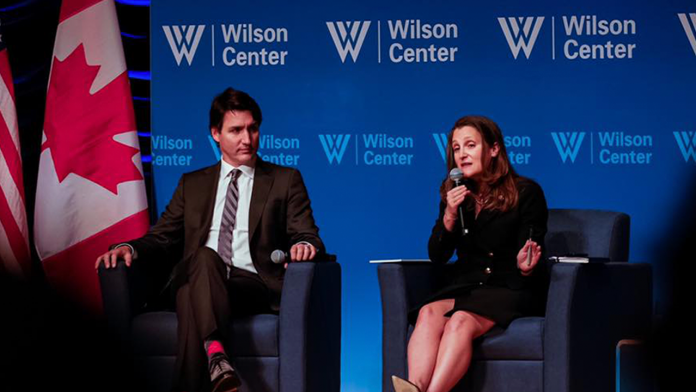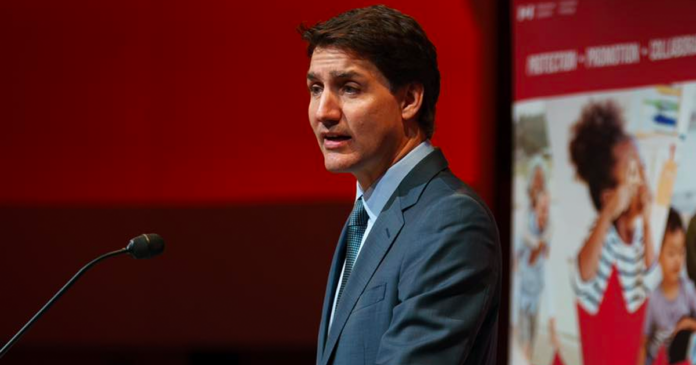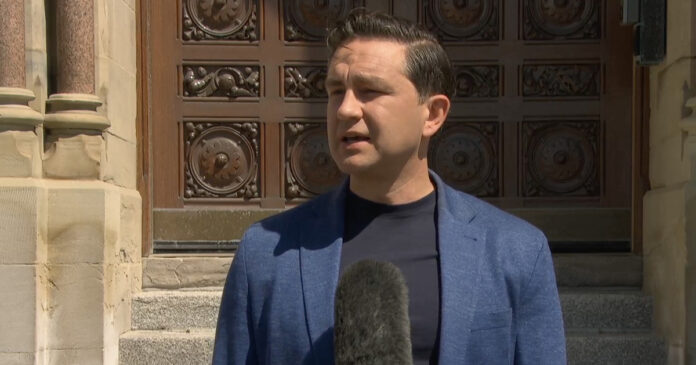The Saskatchewan government is requiring children under the age of 16 to obtain parental consent before they change their name or pronouns at school.
Saskatchewan Premier Scott Moe is the third premier to stand up for parental rights in the face of rampant gender ideology in public schools. The two others who have taken a pro-parent position on the issue are New Brunswick Premier Blaine Higgs and Manitoba Premier Heather Stefanson.
“Parents must be included in all important decisions involving their children,” said Moe.
“Our government has heard the concerns raised by Saskatchewan parents about needing to be notified and included in their children’s education,” said Education Minister Dustin Duncan in a news release.
“We also determined that while all of Saskatchewan’s school divisions had policies dealing with these matters, those policies varied from one division to another, so it was important to standardize these policies and ensure consistency of parental inclusion, no matter where your child goes to school.”
The Saskatchewan government is also mandating that schools disclose information about sex-ed teachings to parents and provide them with the option to opt-out.
The government is also suspending third-party sex-ed providers, including the ARC Foundation and its controversial SOGI 1 2 3 program, from the province’s schools. Only teachers will be able to teach sex-ed to their classes.
Earlier this summer, Saskatchewan suspended Planned Parenthood from the province’s schools after the group made sexually explicit “Sex from A-Z” cards available to grade 9 students.
As previously reported by True North, the cards developed by the AIDS Committee of Toronto with the assistance from the Canadian AIDS Treatment Information Exchange (CATIE) featured explicit language about sex, sexual acts and certain fetishes.
Duncan said that with his government’s new parental rights policies, “schools will continue to ensure safe learning environments where all students feel included, protected and respected.”
Back in June, Premier Higgs became the first premier to support a parental rights policy requiring that children under the age of 16 obtain consent from their parents before they can change their gender at school. New Brunswick’s modified education policy 713 came into effect in July.
Last week, Manitoba Premier Heather Stefanson pledged to enhance parental rights if re-elected in the fall, and said parents should be informed if their child wants to identify as a different gender at school.
Speaking to True North, Don’t Delete Parents founder Faytene Grasseschi said it’s “becoming very clear across Canada that parents are voicing common-sense concerns” and “thankfully, leaders are starting to listen.”
“What is happening in New Brunswick, Manitoba and now Saskatchewan is waking up the nation, and I expect it will have an impact in other provinces as well.” added Grasseschi. “Parents are just now waking up to the fact that some schools have been keeping things from them, and they frankly aren’t ok with it.”
Not everyone in Saskatchewan is, however, on board with the government’s new parental rights policies.
Saskatchewan NDP leader Carla Beck accused Moe and Duncan of “outing vulnerable kids” while NDP MLA Aleana Young accused them of being “f***king cowards.”
Recent polling has shown that there is high support for parental rights policies around gender identity across Canada, especially among parents.
A Leger poll commissioned by SecondStreet.org found that 54% of people living in the Prairie provinces agree that schools should make parents aware that their kids are wishing to change genders or pronouns. Just 20% disagree.
The poll also found that most people believe schools should be making teaching materials on race and gender available to review for parents ahead of time before they are taught in the classroom.



























